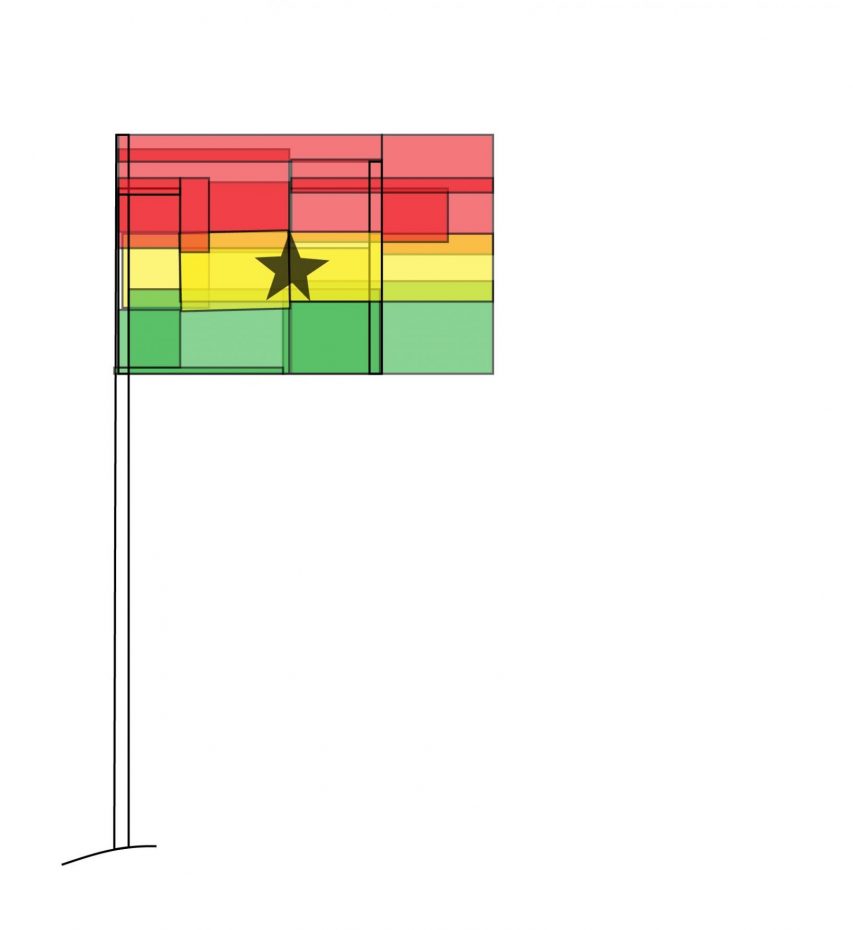Why African Science Matters – Multiverse Ghana
Last week I announced the 5 year anniversary celebration of Multiverse Ghana. Together with ZAM magazine, I present the full documentary for free for 30 days (ending 23 July 2020). Be sure to make the most of this opportunity! Encapsulated by the headline “Why African Science Matters” ZAM features the film online.
At the bottom of this story you’ll find a Multiverse Ghana Extra.
An encore. It might be a nice first introduction to the people featured in the film before watching. But it is also a nice page to get back to after watching the film.
African science does matter, a lot
The African scientist is not something you read, hear or watch much about. It doesn’t really fit the poor Africa stereotype.
They don’t get the acknowledgement they deserve. There is a lot of Western dominance in the scientific field. It is so strong, that any other form of reasoning is automatically considered of lower status. I was also raised to think within the confines of Western scientific logic, having studied Chemistry in uni. But I must say that even so, this Western claim on ‘objectivity’ does not make any sense to me. I feel it is not logical for anyone to claim that. Nor does it seem healthy to just assume other systems of science are worthless, especially when you don’t know anything about them. Someone who put this into words really well, is Prof. David Millar.
And then there’s developmental aid. What I saw in Ghana is that under the umbrella of aiding development, local talent with skill and cultural knowhow is often overshadowed. Whether it be because of prejudice about “how dumb” people in Africa, from the bush, must be. Or whether it is a government that doesn’t recognise the value of a strong scientific community in their country. Prof. Francis Momade explains clearly his experiences and the reality of trying to publish a scientific paper with impact when you don’t have access to high tech equipment.
Nor does it seem healthy to me to just assume other systems of science are worthless, especially when you don’t even know anything about them.
Master student Samuel Acheampong shows a younger generation of researchers and how they are motivated to make things work. Whatever the situation you find yourself in. And motivated the young generation is. For the film I also met a host of Maths students from all over Africa. The thing that stood out most to me, is the fact that they are very driven to mean something for society and to improve the socio-economic situation they find themselves in.
Some of the more old-school methods, turn out to be healthier ones.
Socio-economic problems, often seem everything there is. But Dr. Alex Asase emphasizes there are other things to worry about. Cherishing local nature for instance. Because you should also think about long-term effects of the increase in endangered local plant species. Plants are an important part of your ecosystem. Which is something that is confirmed by the local women from the Kalbeo community. They mix their traditional plant knowledge with newer knowledge to preserve their harvests in the hot Northern Ghanaian climate. Some of the more old-school methods, turn out to be healthier ones.
I reckon some chemical manufacturers ought to be jealous of this lean process.
When Mme. Khadija Tahiru showed me her process of making shea butter, I was amazed. (She literally had to show me, as we didn’t speak the same language.) There, in the central square of the village I saw her doing Chemistry like I studied in University. I mean, it was more like a beautiful handwork version of it – no sterile lab environments involved. She was making the skin cream to sell on the market. The production process was fully sustainable, utilising side products as fuel. I reckon some chemical manufacturers ought to be jealous of this lean process. However it is hard work. The women are so strong.
It is exactly your different cultures that can be fertile ground for science and creativity.
Culture is a wonderful thing. As Prof. Francis Allotey (1932 – 2017) points out rightfully so. Don’t listen to other people who try to label you as lesser. It is exactly your different cultures that can be fertile ground for science and creativity. Allotey was a very inspirational teacher and brilliant scientist with a ‘formalism’ in physics carrying his name. I am truly honoured to have had the chance, not only to film him when I visited Ghana in 2013, but to have had him over at the premiere in Amsterdam in 2015. The one we’re celebrating now.
And a celebration it should be. For African scientists matter. Like High Life legend Koo Nimo stresses in the film:
“Wisdom is not a property of any nation, everybody has it.”
Would you like to read more?
Back in 2014 I wrote an overview article based on my visit to Ghana and the many more people I met.
Because there were many more than one film could feature.You can find it here.



